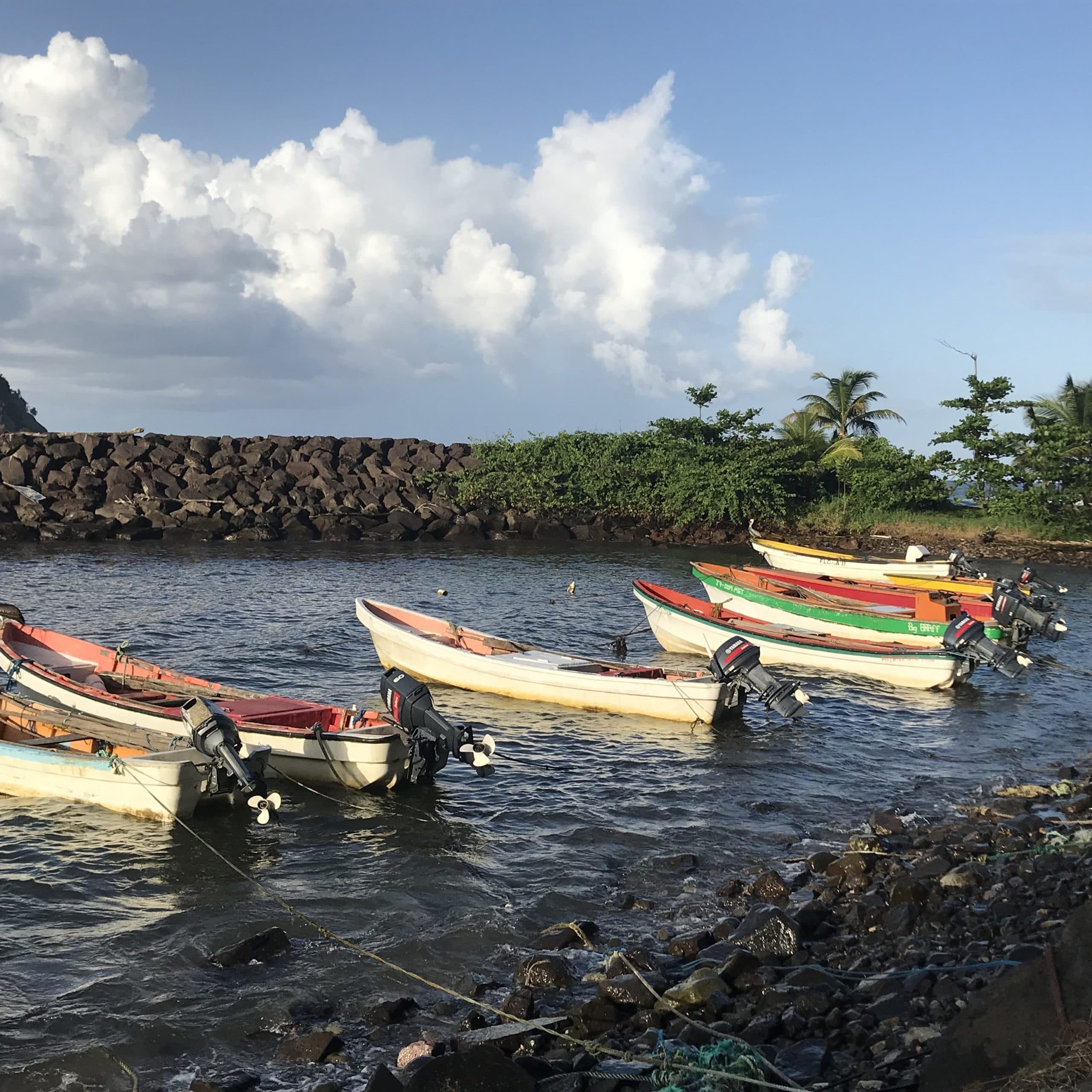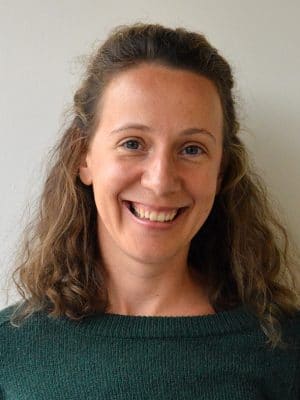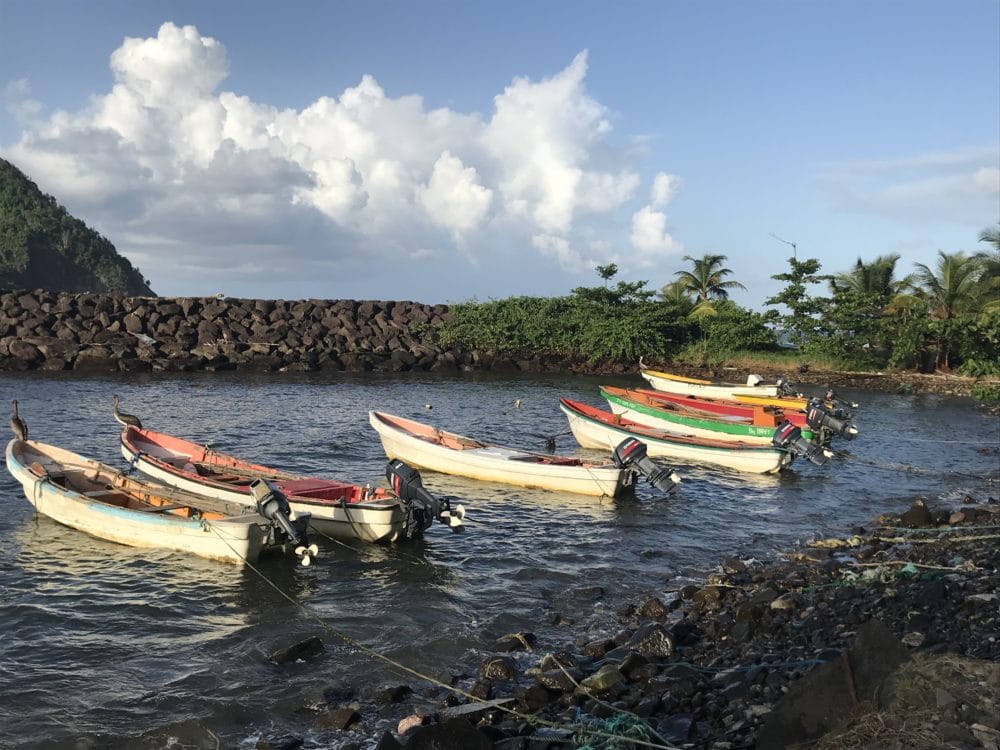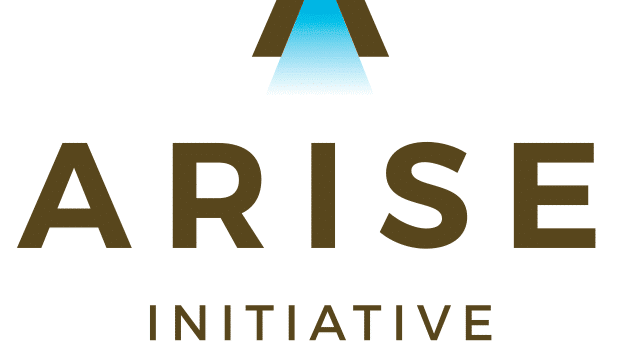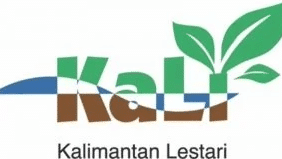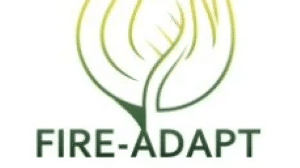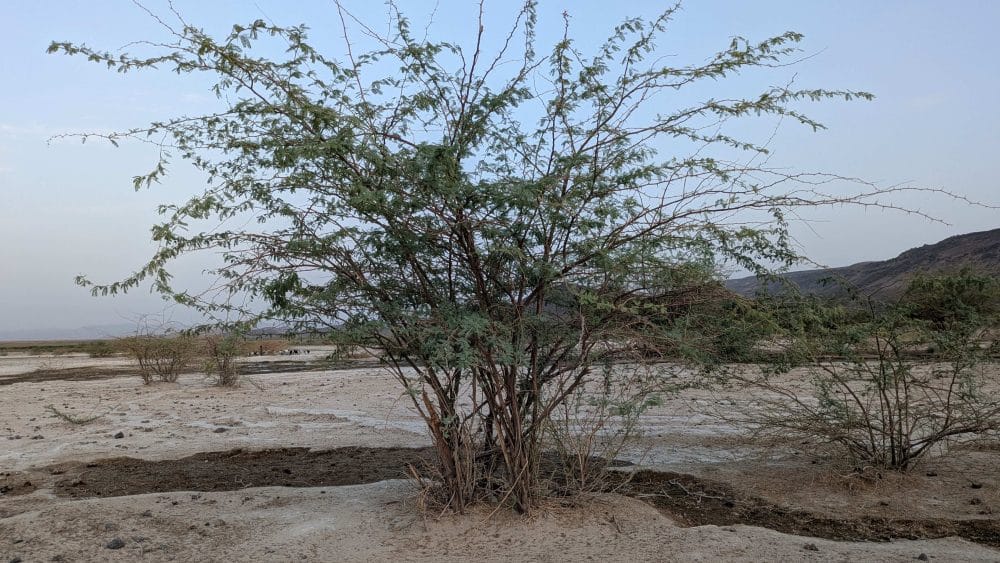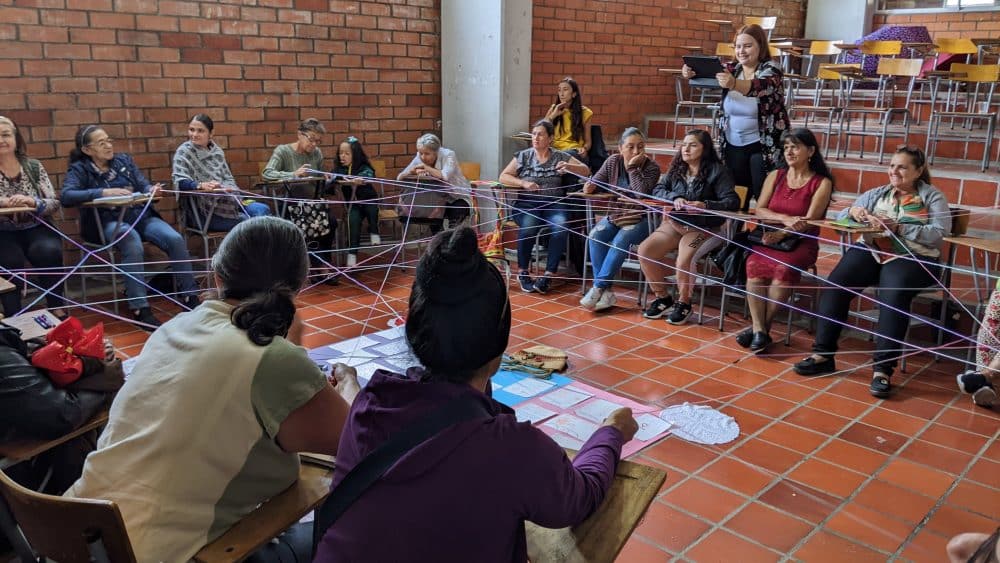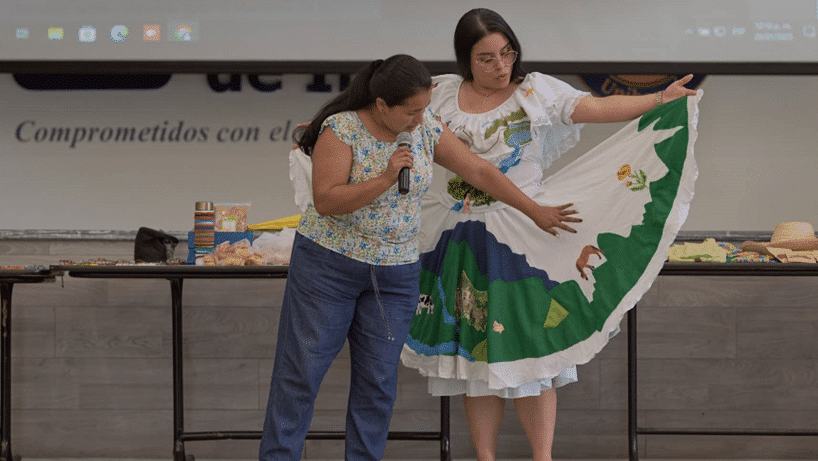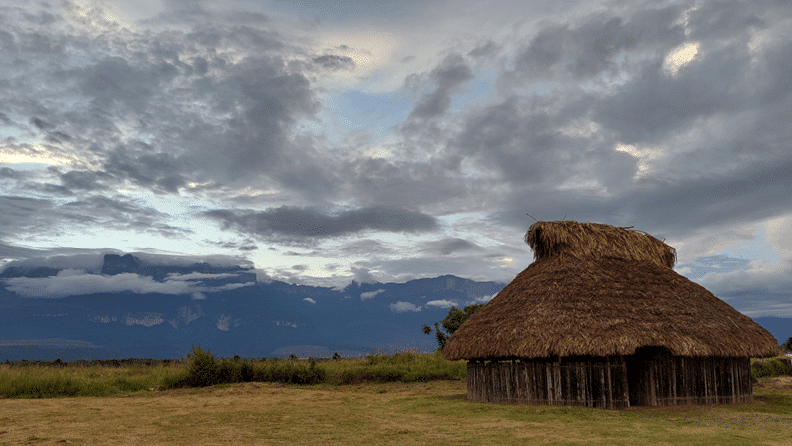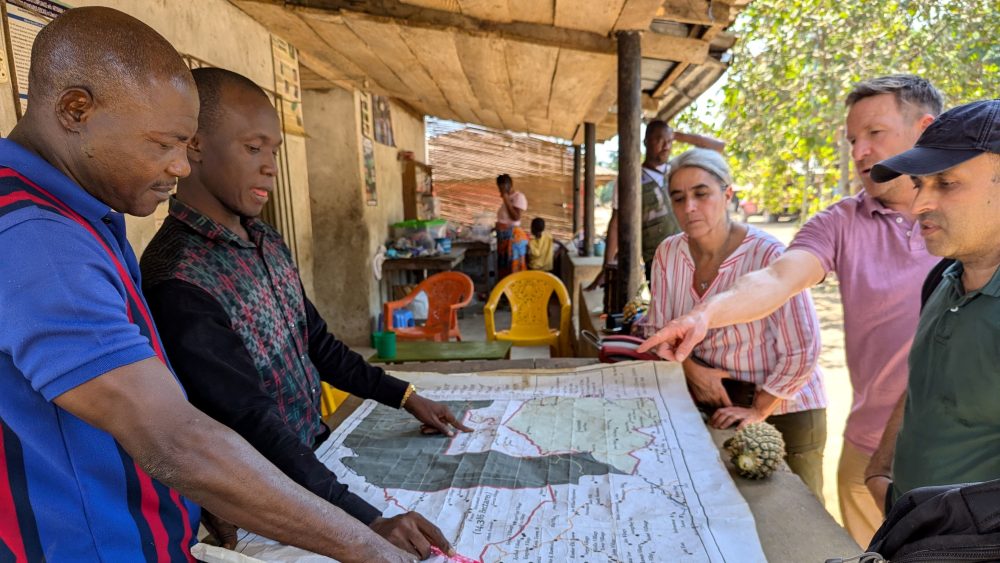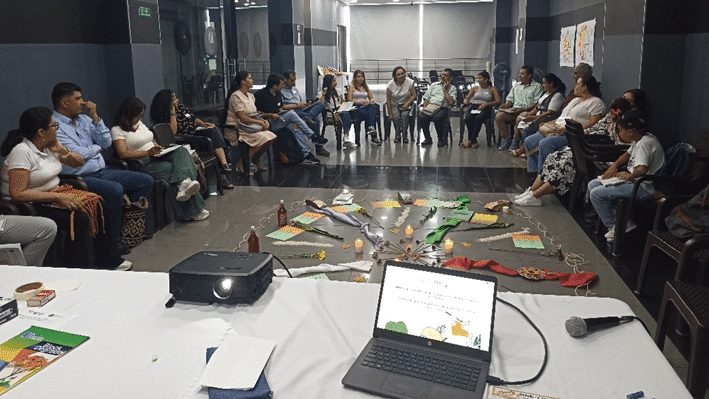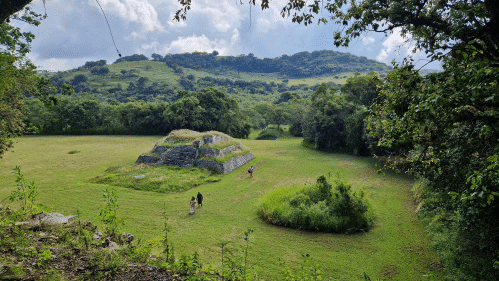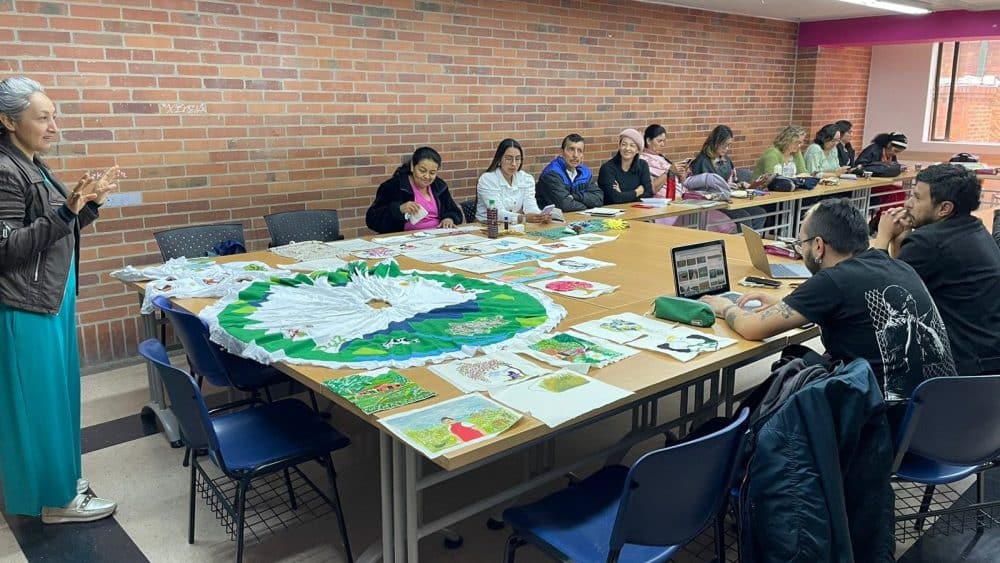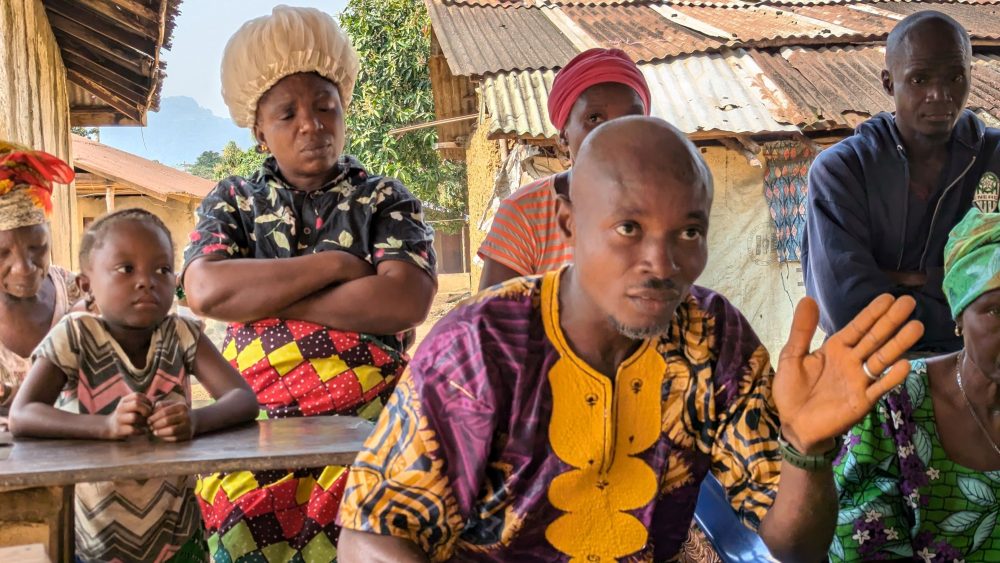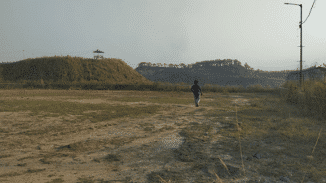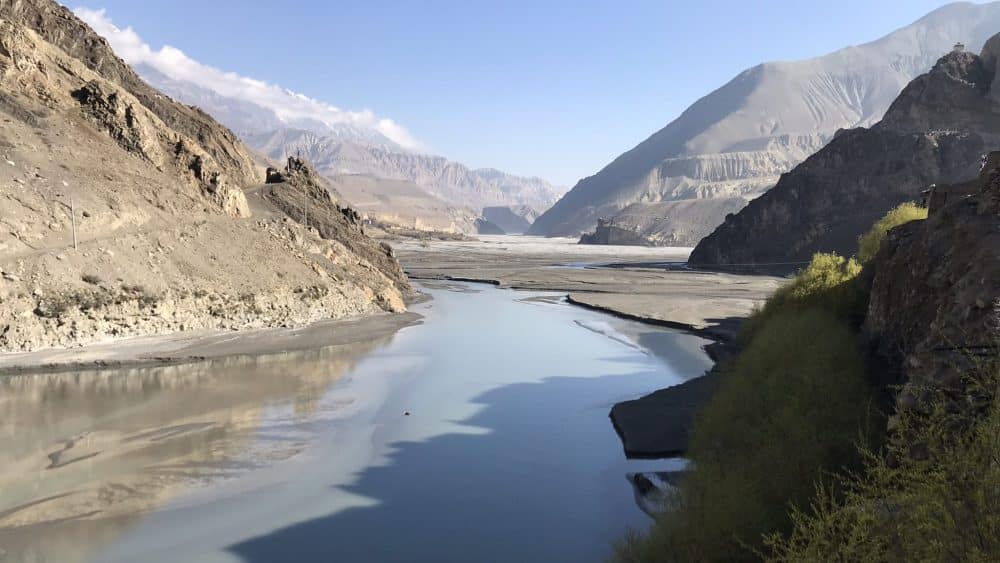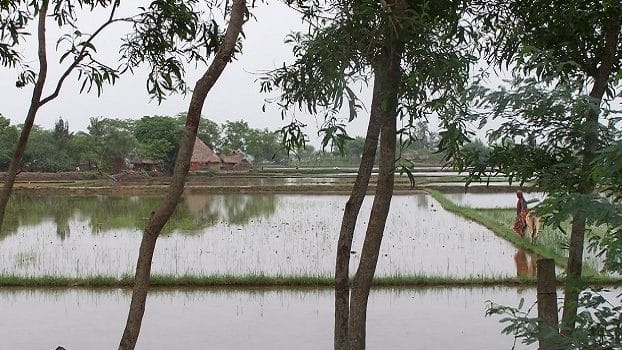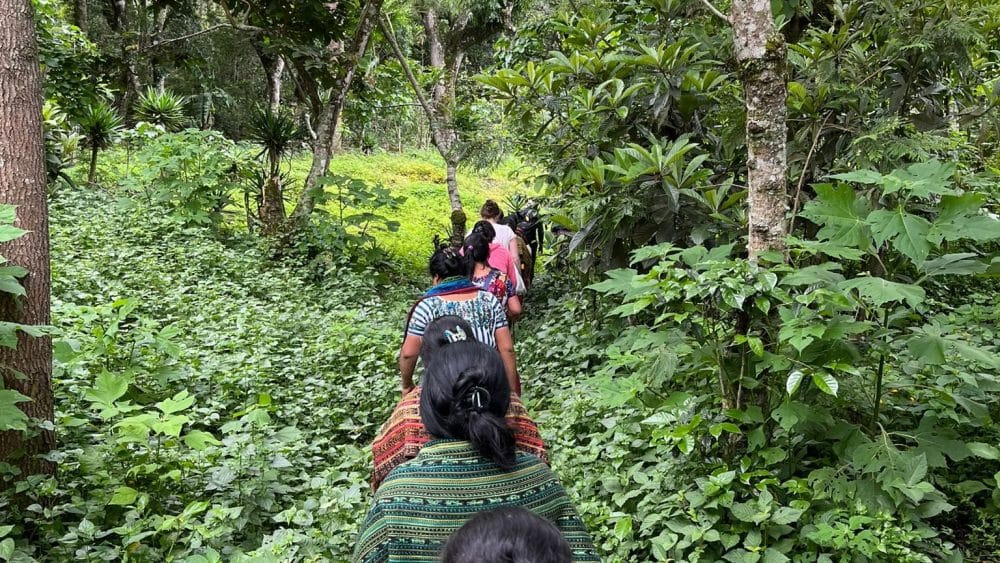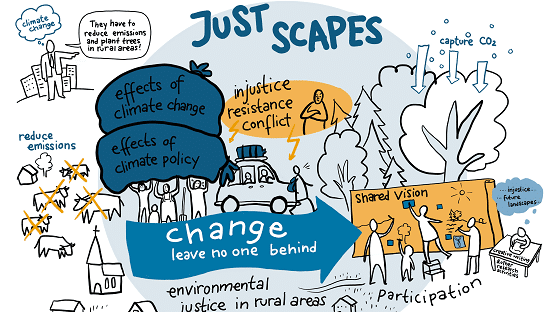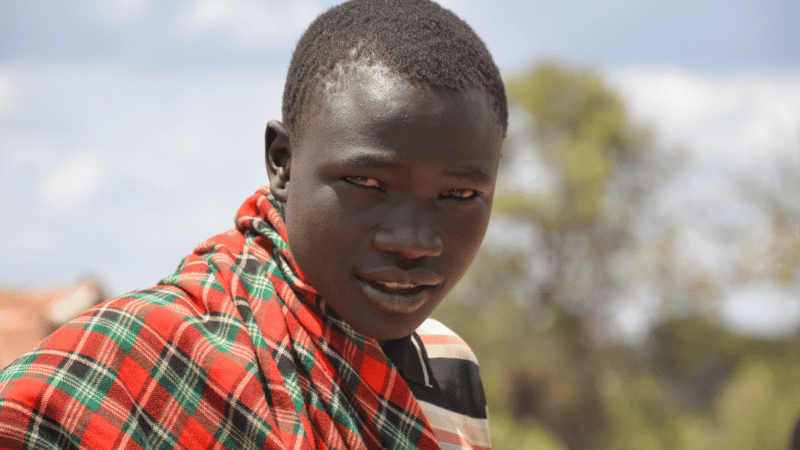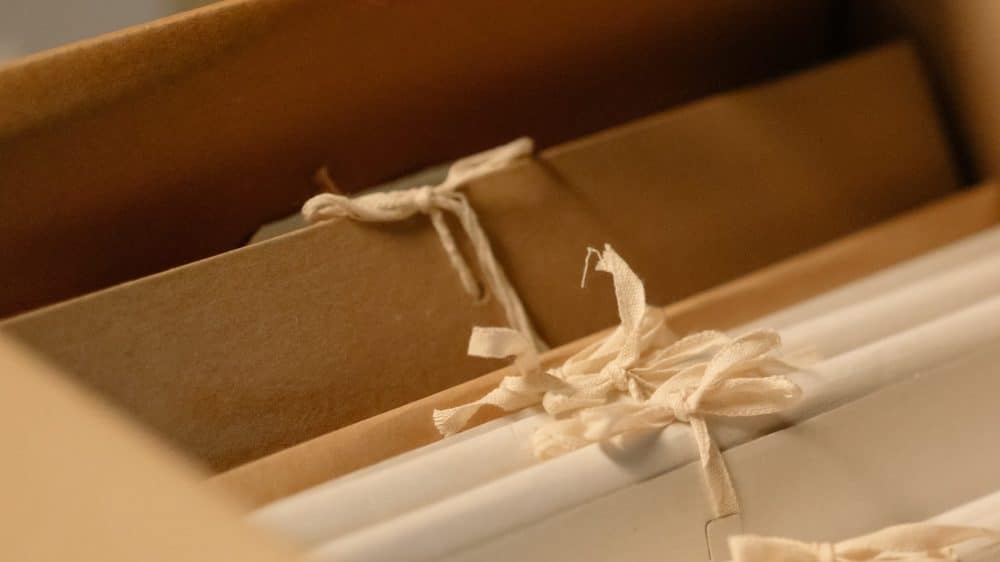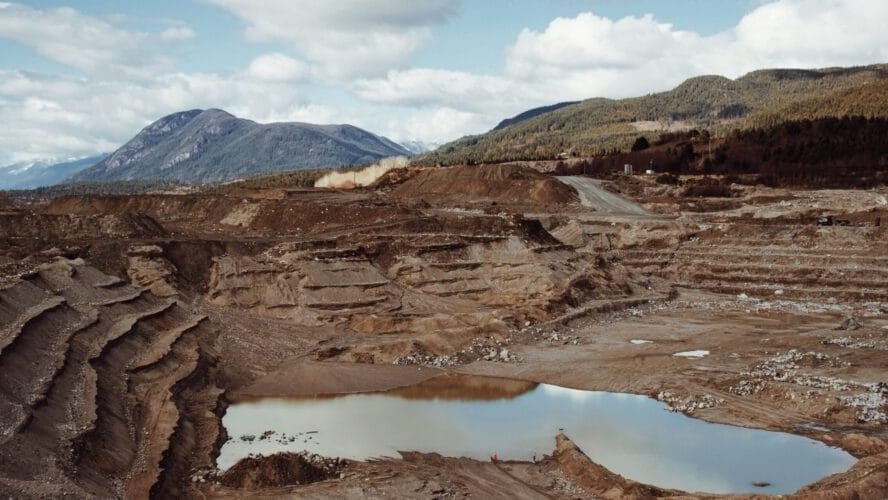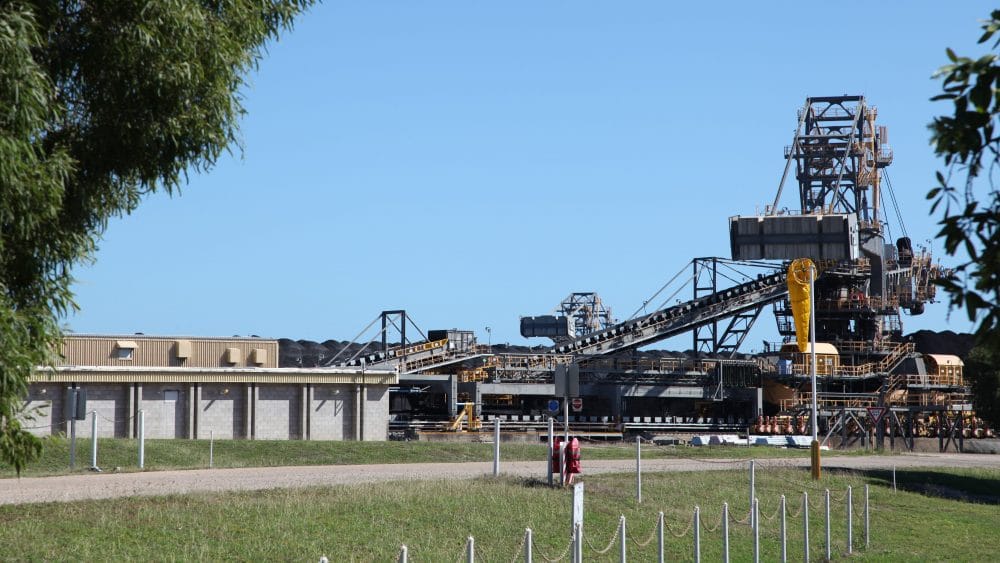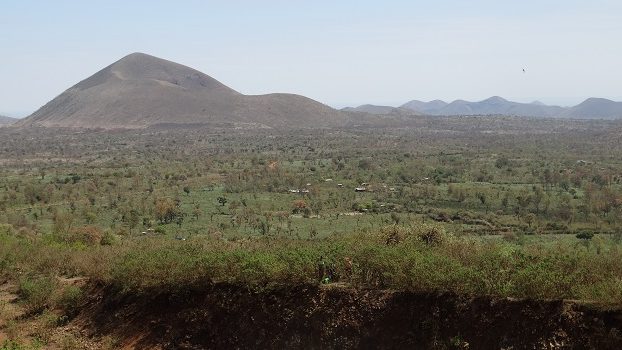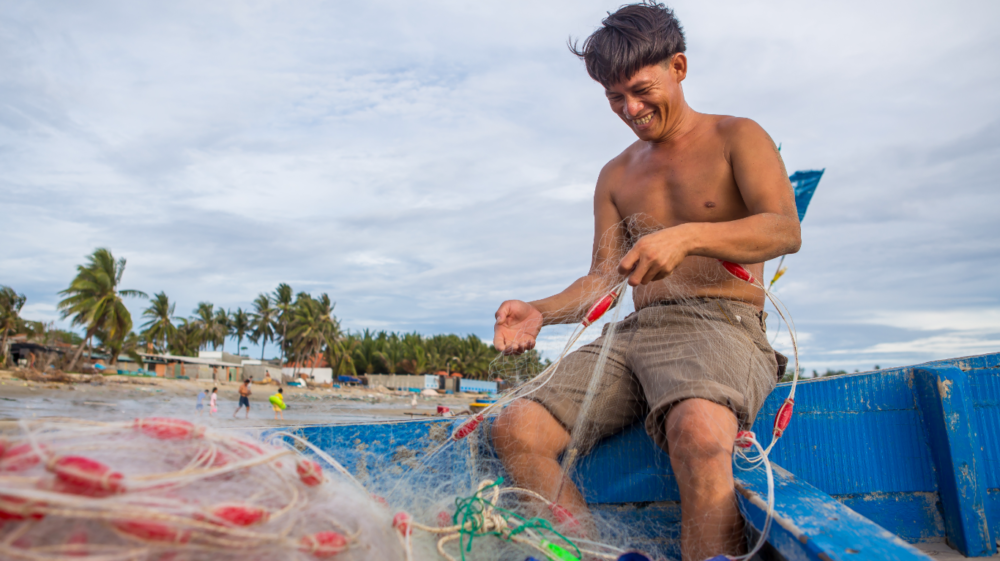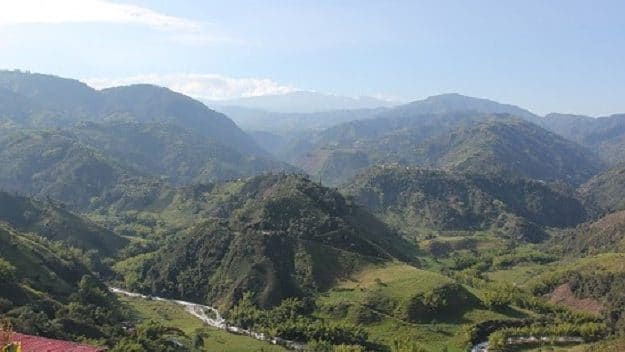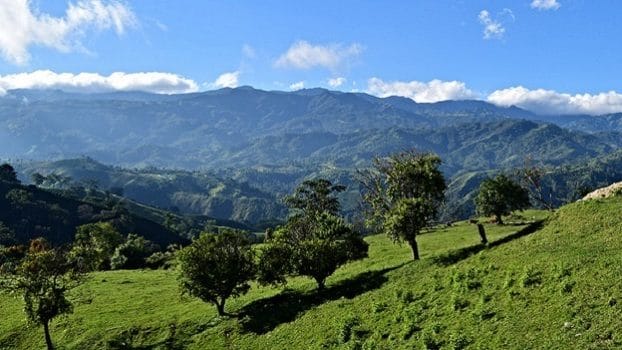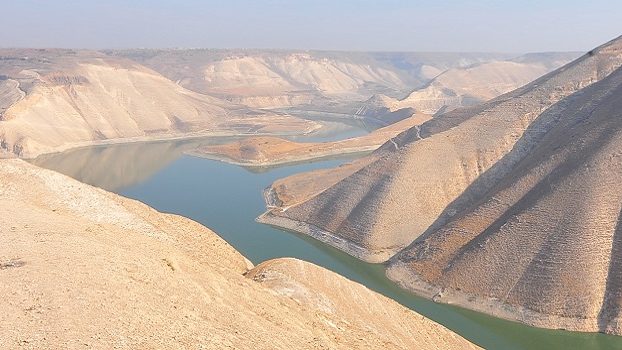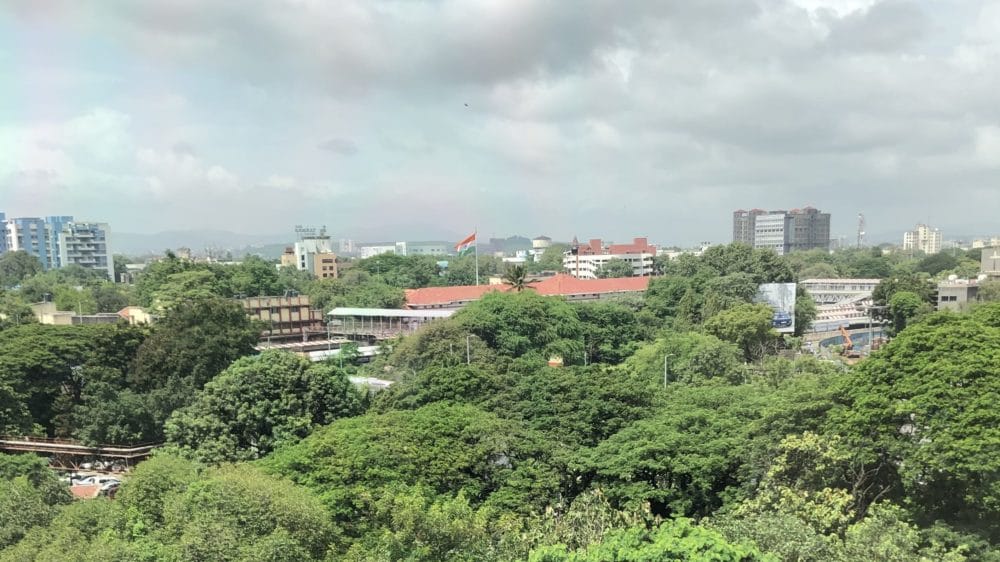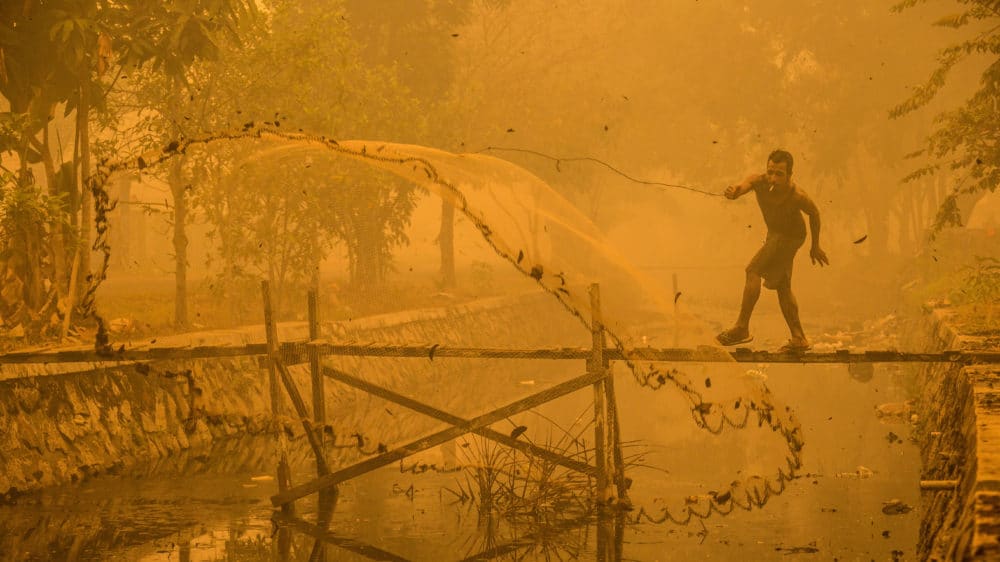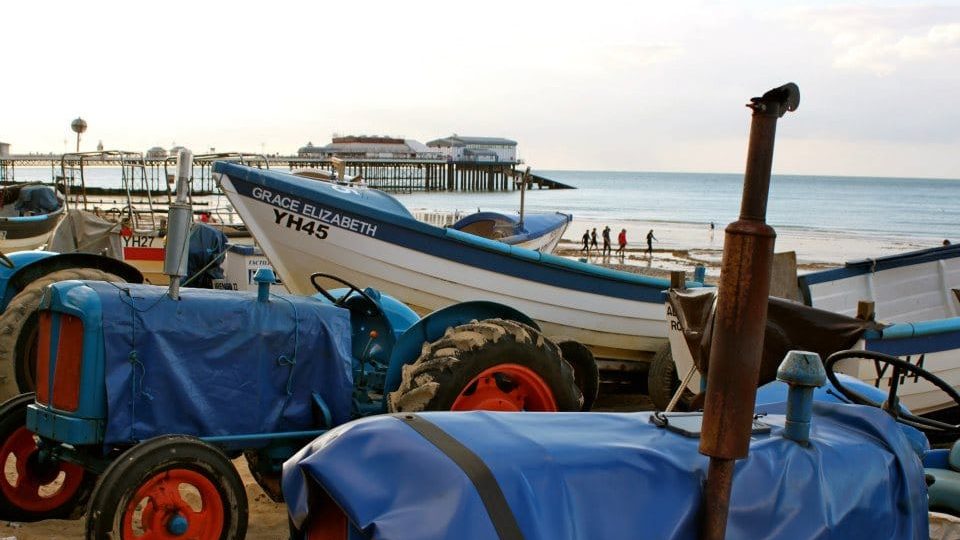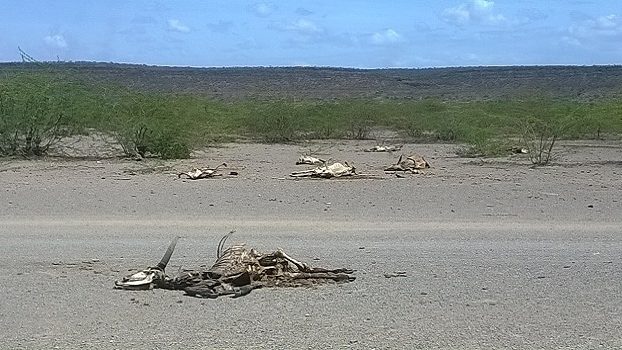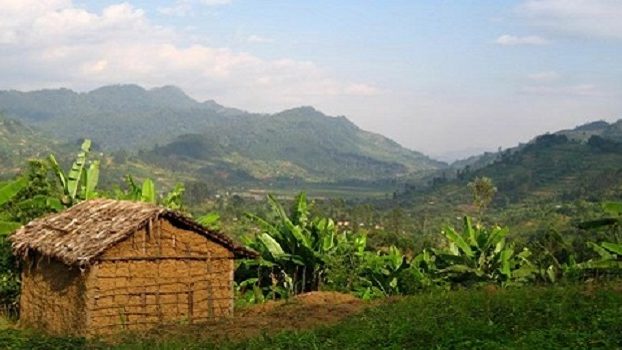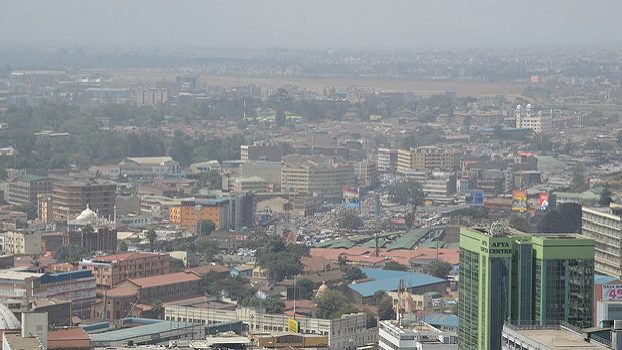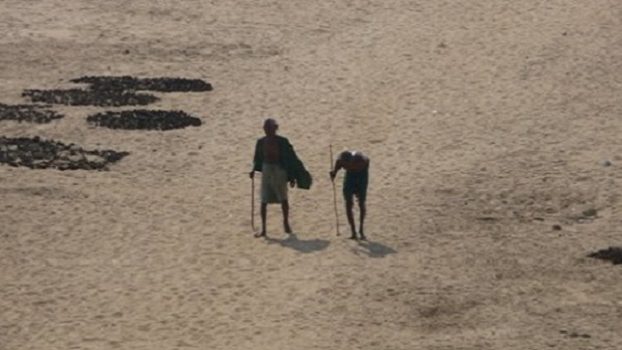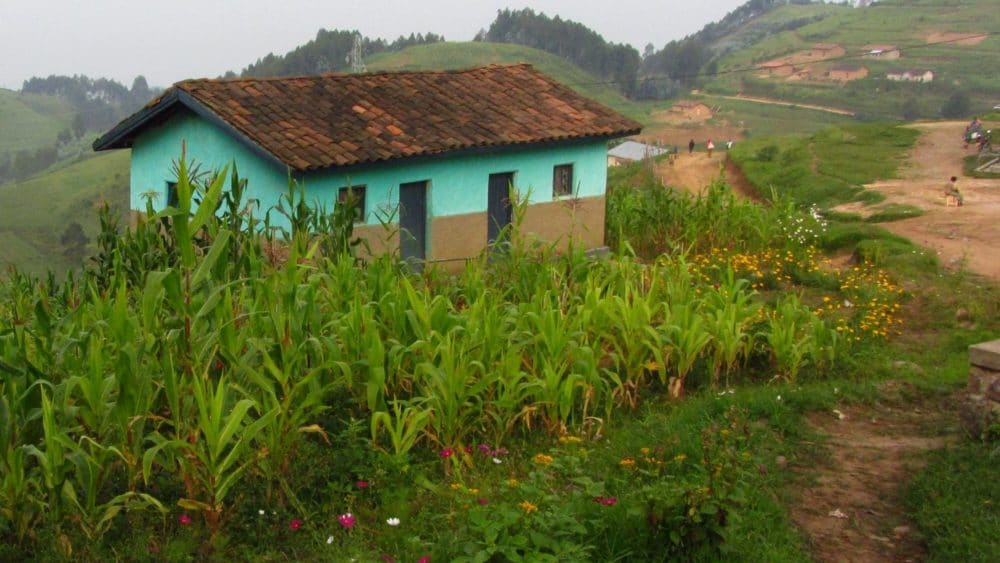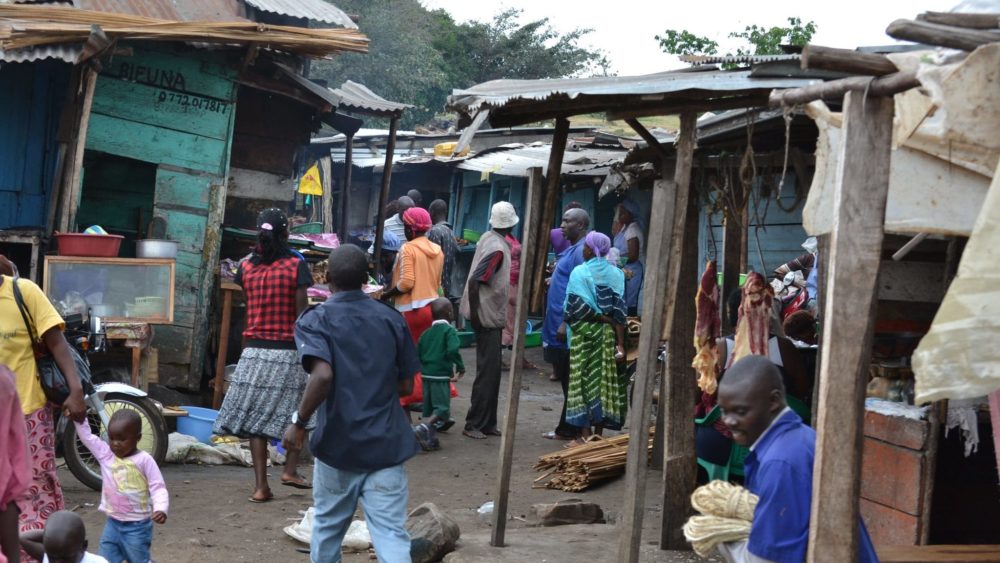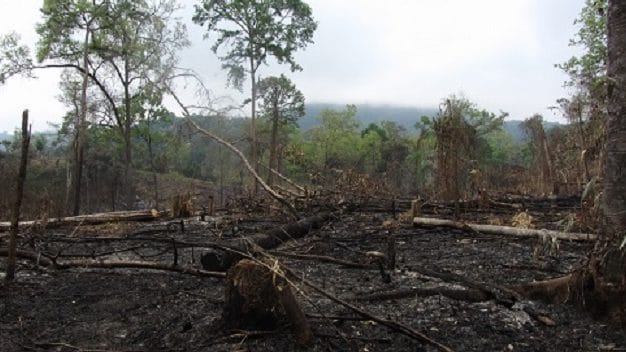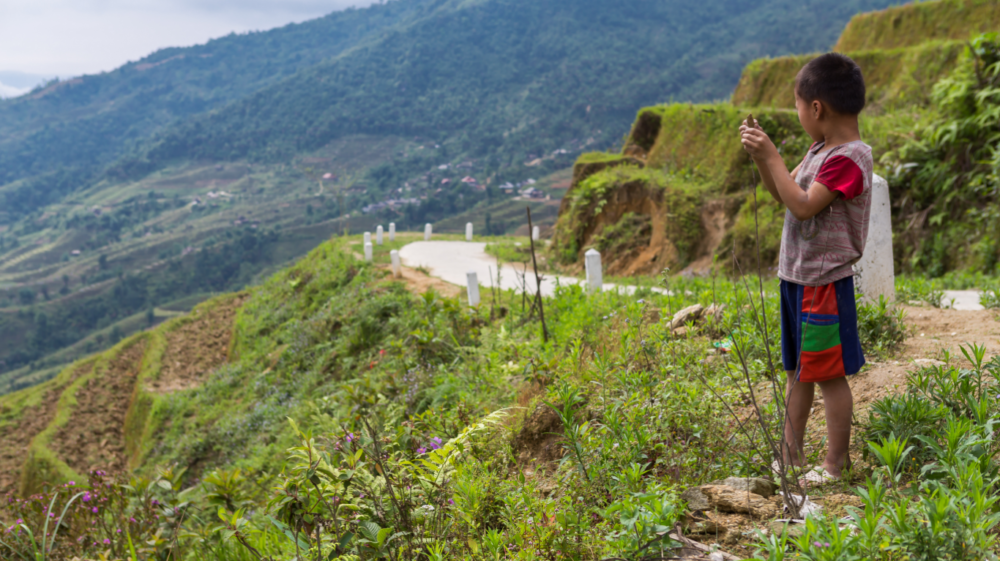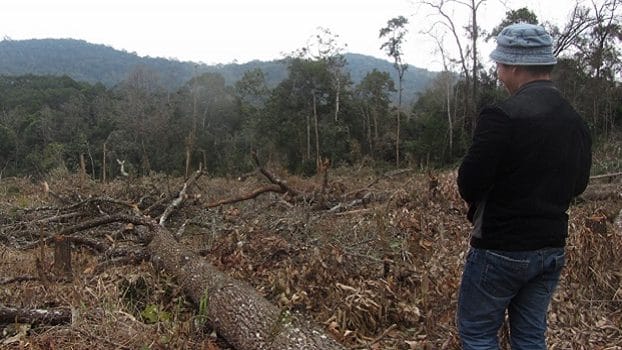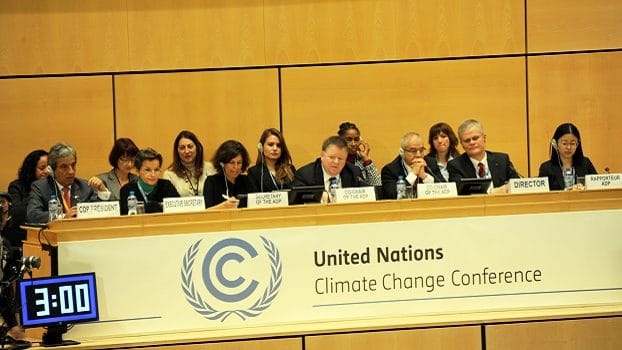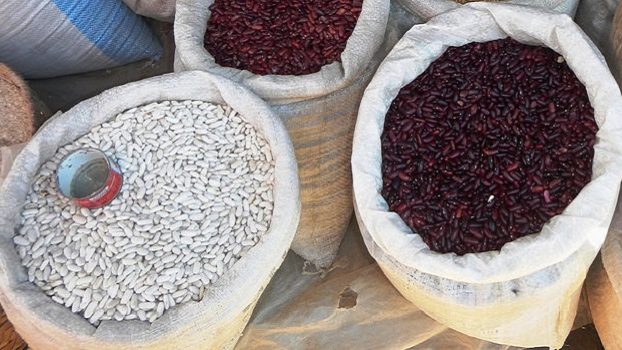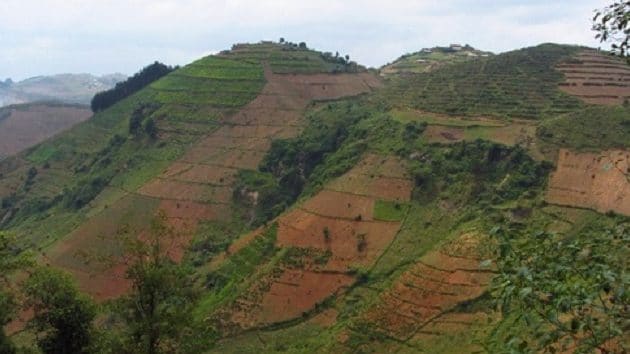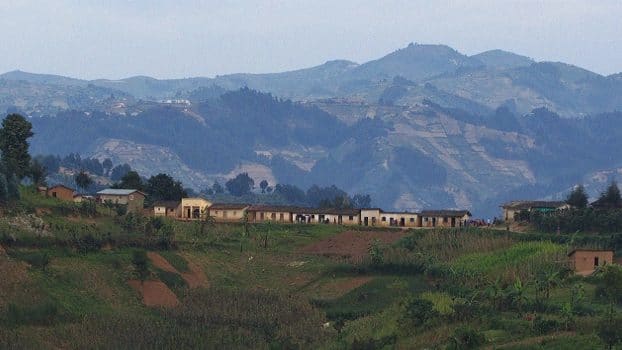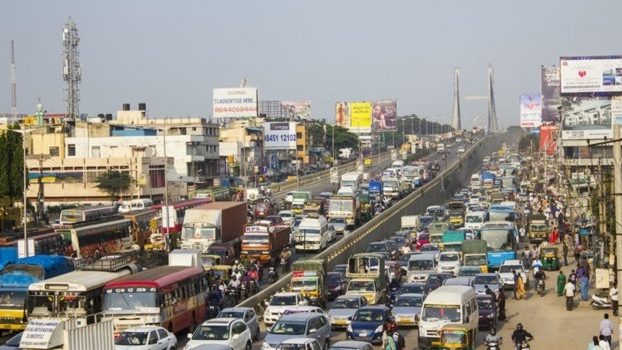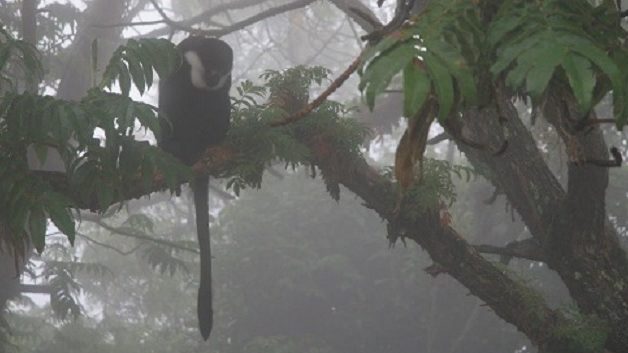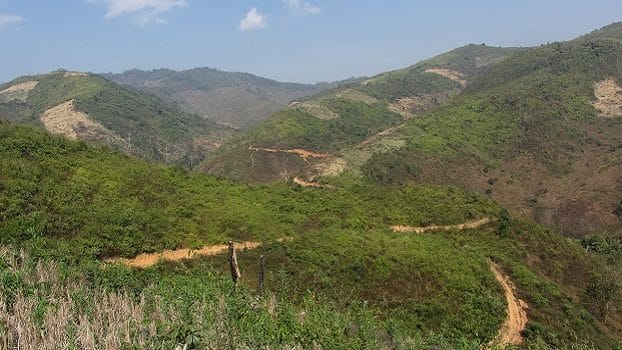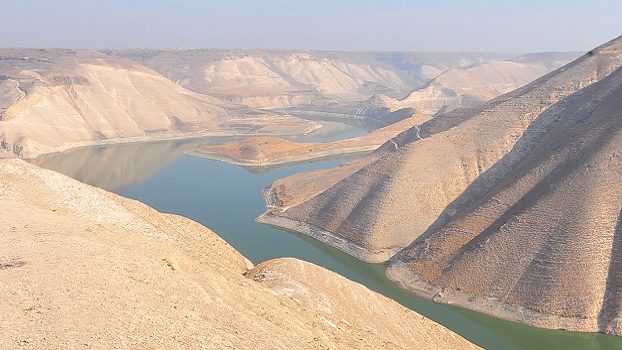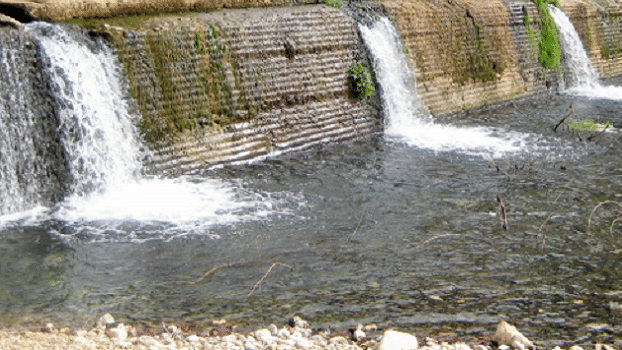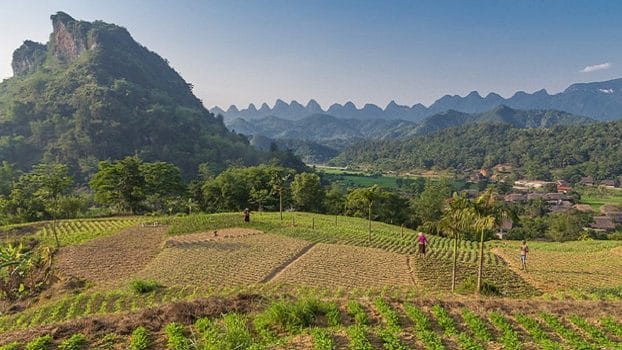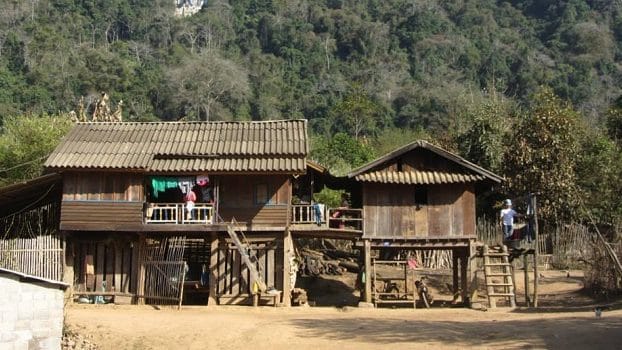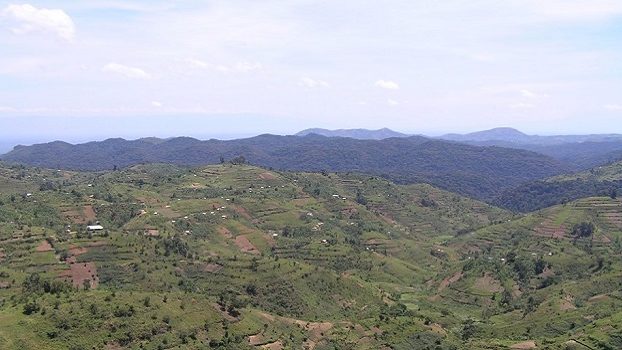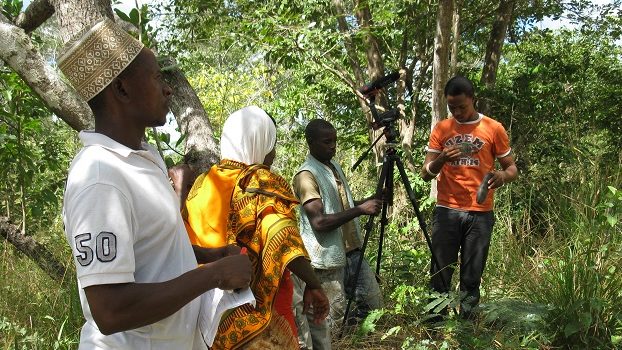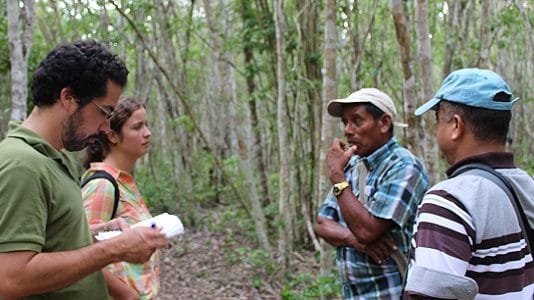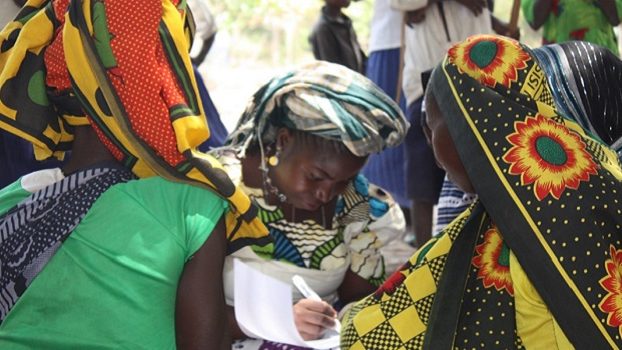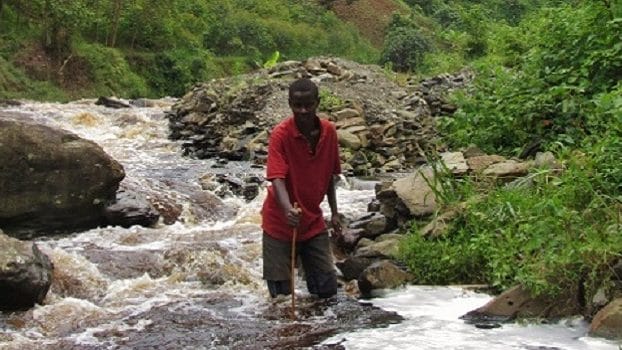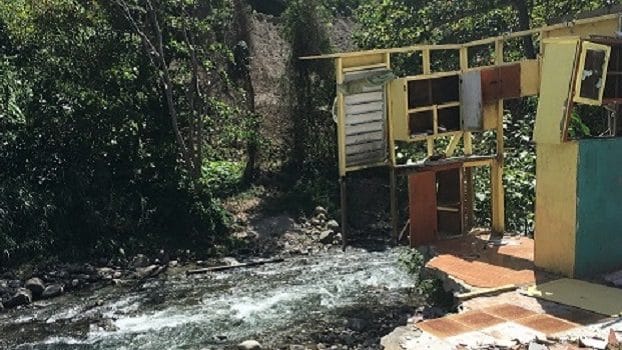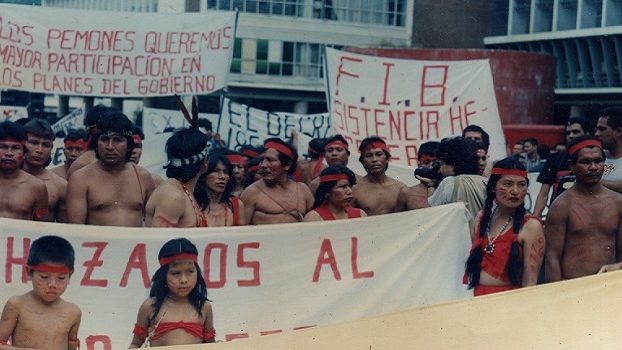(Image credit: Johanna Forster)
Increasing severity of tropical storms and hurricanes affecting Caribbean Small Island Developing States (SIDS) calls for improving understanding of the associated social and economic risks, and future resilience of the important small-scale fisheries sector. This project focuses on the recovery of Dominica’s fishing communities and fisheries sector following Hurricane Maria in 2017. Dominica’s fisheries sector offers a unique opportunity for immediate to long-term recovery post-disaster, providing food and livelihood security options, yet to date little research has focused on how this sector could be more effectively supported, and better integrated with disaster risk management.
Using a 3D wellbeing approach to frame and explore recovery of a fisheries-dependent community affected by Hurricane Maria, this project assessed community perceptions of the social (subjective and relational), as well as material resources that enable or constrain different responses following a natural disaster. Semi-structured interviews with key informants encompassing resource users (e.g. fishers, vendors), local (e.g. fisheries cooperative, village council), and National governance (e.g. Fisheries Department, Department of Local Government) representatives identified a range of important insights into small-scale fisheries recovery, and future resilience.
Key trends emerging from this study include issues of food security (fish as a reliable source of nutrition immediately following a natural disaster, and particularly important due to the decline of agriculture due to loss of land and crops); gender (women’s role not as clearly defined as men, yet established and important, albeit not acknowledged in National statistics); community dependency (wide range of dependents at community level, often not formally acknowledged); and the importance of good relationships, respect and community spirit to support the community and fisheries sector to ‘build back better’. This work provides the first attempt to apply a holistic wellbeing approach for Dominican fisheries, to explore and incorporate the subjective and relational aspects of recovery; to provide distinctive and important insights for policy processes that are intended to reconcile natural resources and disaster risk management in fishing communities.

